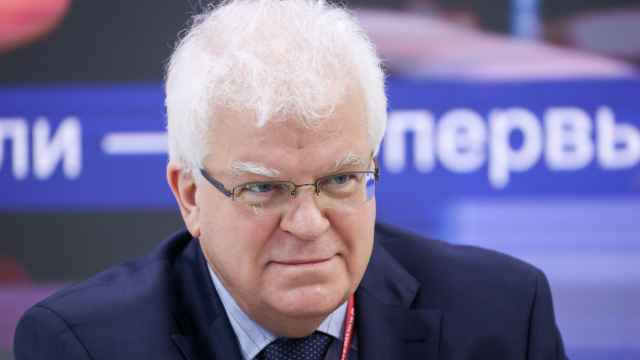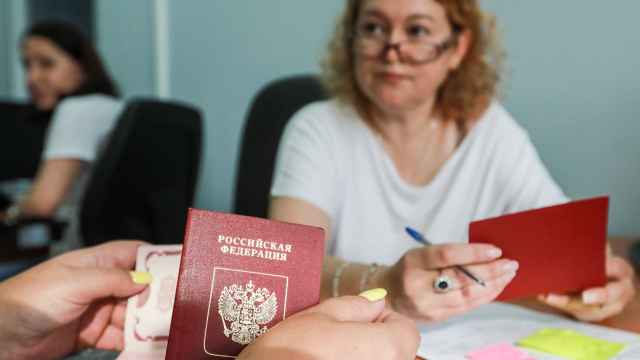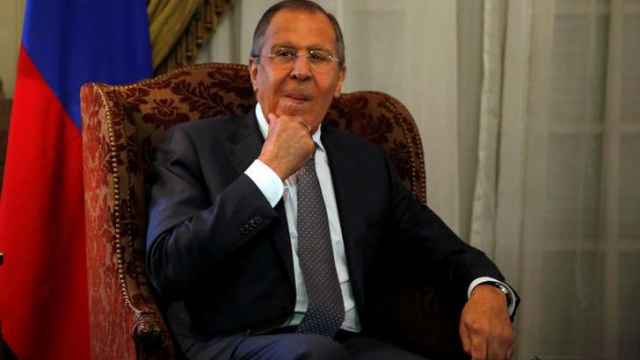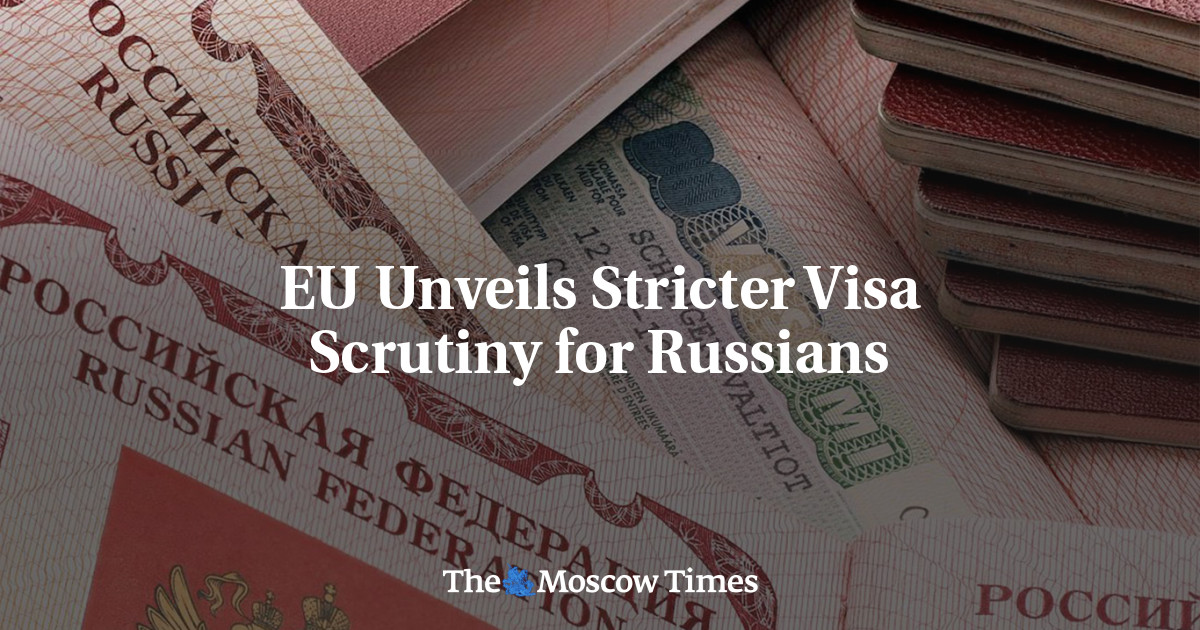
Now is the time to support independent reporting from Russia!
EU Unveils Stricter Visa Scrutiny for Russians
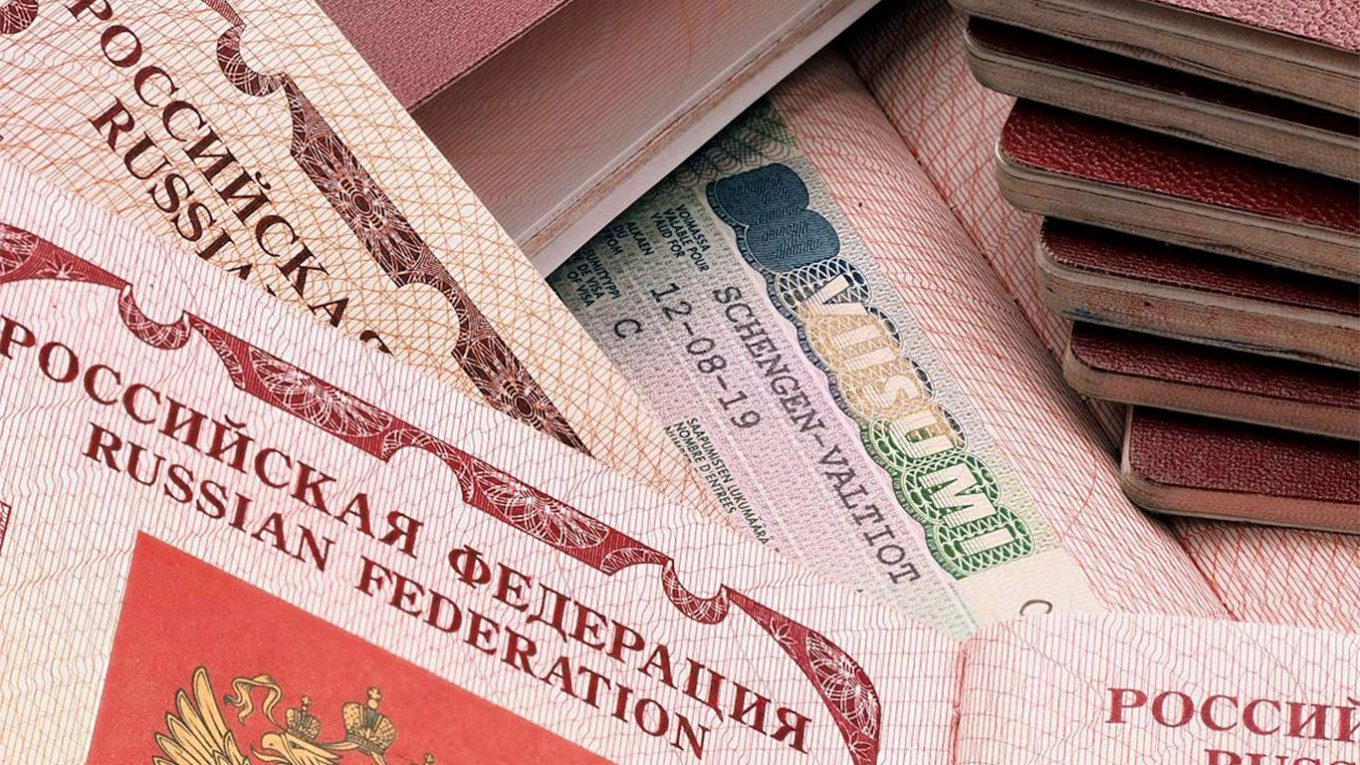
The European Union Friday unveiled tighter visa requirements for Russians that would throw difficult — and, for some, impossible — hurdles up for them to enter the bloc except on humanitarian grounds.
The move comes as thousands have fled Russia — mainly to its non-EU neighbors — in an attempt to avoid the military mobilization ordered by President Vladimir Putin as Moscow’s invasion of Ukraine has been dealt setbacks.
There have been splits between EU nations over how to deal with Russian draft dodgers as eastern members bordering Russia have taken a tough line and others like Germany offer possible refuge.
The updated guidelines presented by the European Commission would subject Russians applying for short-stay Schengen visas to much tougher scrutiny and longer delays.
European border guards would also have more leeway to reassess already issued visas and reject or cancel them after fresh assessment.
The changes follow demands from EU member states along the frontier with Russia for an outright ban on visas for Russians.
Finland from Friday closed its border to Russians holding Schengen visas, which are typically issued for tourism purposes for a stay of up to three months in any of the 26 countries making up the internally passport-free zone.
The update focuses on “the security threat towards us” as Russia escalates its war footing over Ukraine, which is being strongly supported by the European Union, EU home affairs commissioner Ylva Johansson told journalists.
“The security threat is real. The EU will protect itself and our citizens,” she said.
She noted that the European Union has already halted a visa-facilitation agreement with Russia, and stopped issuing visas to Russian officials and figures deemed to be involved with Moscow’s war on Ukraine.
The guidelines say Russians wanting a Schengen visa need to apply from their country of residence — usually Russia — and not elsewhere.
They must show a pressing reason for travel, otherwise their application will be given less priority in EU consulates that have reduced resources for visa processing.
Documents proving they will leave the Schengen area before the three-month limit will be rigorously studied.
And compulsory travel medical insurance underwritten by Russian insurers will not be accepted — a tough criterion for Russians largely excluded from Western markets.
Johansson stressed that there were however exceptions for humanitarian reasons, national interest or international obligations.
Thus visas for Russian independent journalists, dissidents, pupils, students and researchers could be facilitated, and they could apply outside their country of residence if they qualify.
Read more



